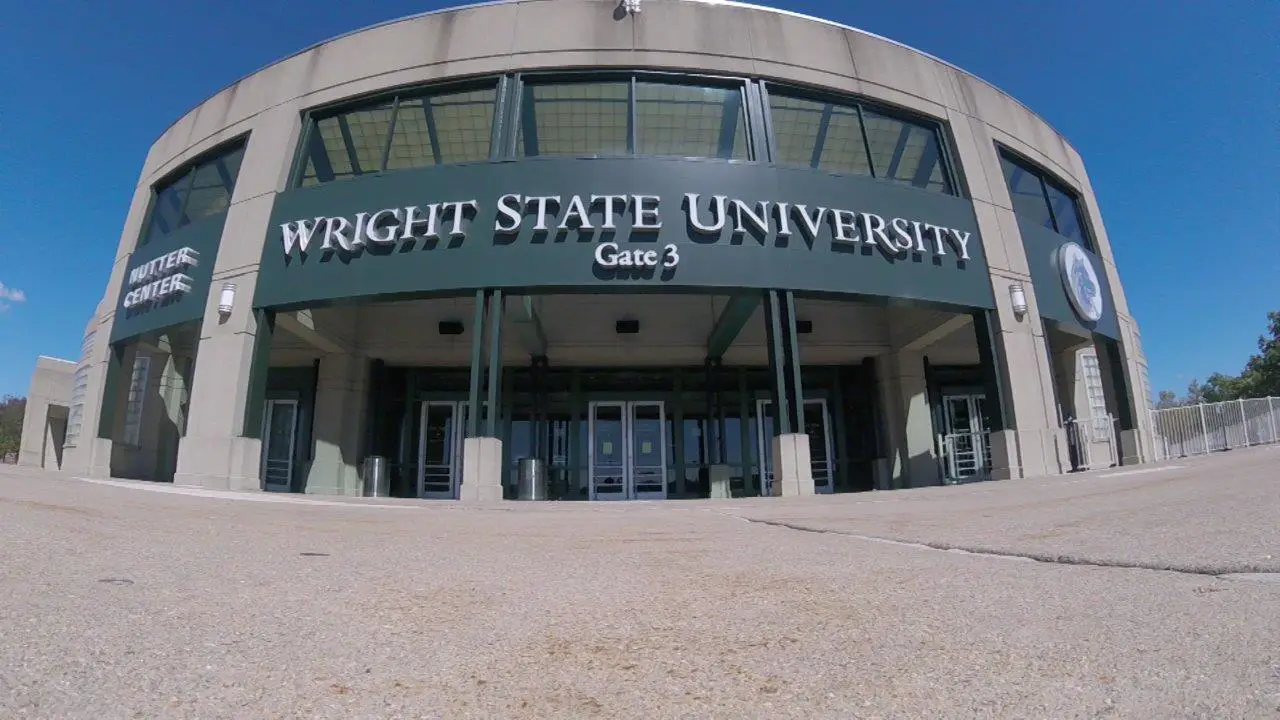Providing relief for many Wright State University faculty members, school officials approved a new contract on Saturday after days of striking and protests.
Aided by a federal mediator, negotiations between the university and Wright State University’s chapter of the American Association of University Professors (AAUP-WSU) concluded over the weekend after top administrators agreed to the terms in next faculty union contract which will lead to a 2.5 percent salary raise in 2022 and a similar raise in 2023.
On January 22, faculty members went on strike against the proposed labor contract, claiming that it would have make it more difficult for them to offer individualized attention to students and that it would reduce the quality and quantity of research and scholarship produced by the faculty.
“This agreement serves Wright State University and our students well. Both parties made substantial concessions to help move the university forward together,” university president Cheryl B. Schrader said.
“I welcome back our returning faculty, and I know the rest of the university does too. We are united in our collective calling to serve our students.”
Following the conclusion of the negotiations, all faculty members returned to their classrooms and resumed their normal duties on Monday.
Ferris State University Faculty Observe Strike Demanding New Contract



